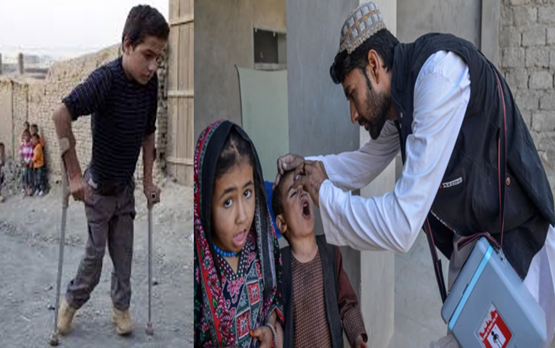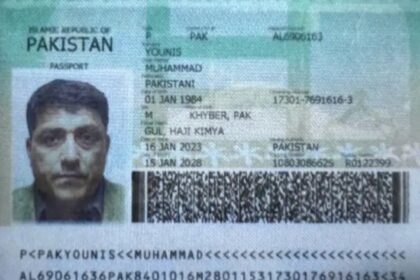RASC News Agency: The World Health Organization’s Emergency Committee has issued a dire warning that the Taliban’s stringent restrictions on house-to-house polio vaccination campaigns are directly contributing to the resurgence of poliovirus in Afghanistan and raising the alarming risk of its cross-border spread. Official data presented at the 42nd Emergency Committee session reveal that in 2025, at least 13 new polio cases have been confirmed across the region, including one in Afghanistan and eight in neighboring Pakistan. Although these numbers represent a decline from 2024 when Afghanistan recorded 25 confirmed infections alongside over 113 environmental samples testing positive the persistent challenges in southern Afghanistan, where vaccine access remains severely curtailed, continue to fuel transmission hot spots.
The WHO report emphasizes that Afghanistan conducted two nationwide vaccination drives and two localized rounds this year, while Pakistan completed three national and one local campaign. Yet, the essential house-to-house vaccination strategy, internationally recognized as critical to polio eradication, has been systematically obstructed across vast territories of Afghanistan. These Taliban-imposed constraints most acutely felt in southern, southeastern, and southwestern provinces have gravely hindered vaccinators’ ability to reach young children, particularly girls, creating large immunization voids. In provinces such as Helmand, Uruzgan, Zabul, Kandahar, Paktika, and Khost, local Taliban commanders have actively prevented house-to-house vaccination efforts, mandating that inoculations occur solely within mosques under restrictive conditions that effectively exclude millions of children.
Compounding this crisis, deeply entrenched cultural and gender barriers remain pervasive: women are prohibited from bringing their children to vaccination sites unless accompanied by a male guardian. This policy, combined with ongoing security concerns, has resulted in entire communities in remote and rural areas being entirely cut off from lifesaving vaccines. Additionally, entrenched misinformation and aggressive disinformation campaigns have taken root, especially in Pashtun-majority regions. In many communities, polio vaccines are stigmatized as “haram” religiously forbidden and are falsely accused of being Western schemes aimed at sterilizing Muslim children.
In its concluding assessment, WHO reiterates that Afghanistan and Pakistan remain the only countries where poliovirus is endemic. Moreover, data from 2024 and 2025 indicate disturbing signs of geographic expansion beyond national borders, threatening the wider region. While the eastern regions of Afghanistan have witnessed a relative reduction in cases, the WHO issues a stark warning: without the immediate and unconditional resumption of comprehensive house-to-house vaccination campaigns, the global goal of eradicating polio in this historically vulnerable region will remain unattainable. The Taliban’s deliberate obstruction of vaccination programs not only endangers millions of children in Afghanistan but also jeopardizes international public health security, risking the resurgence of a disease once on the brink of elimination.






